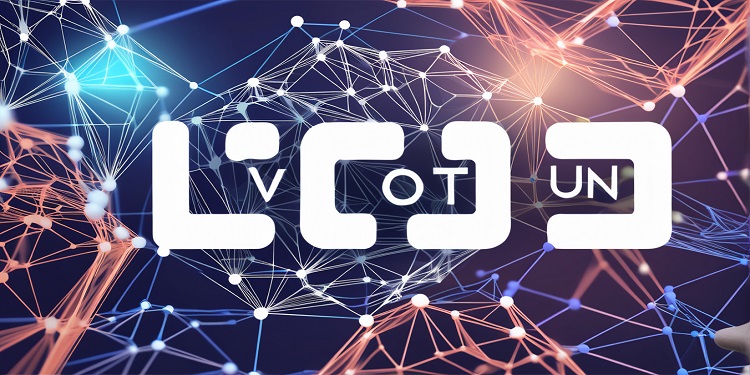 The crypto market faced quite a turbulent ride this year and while it could cast a dark shadow on its prospects for 2019, its underlying technology appears to be faring well. The blockchain technology may have come onto the market with the cryptocurrencies, but it certainly doesn’t go down.
The crypto market faced quite a turbulent ride this year and while it could cast a dark shadow on its prospects for 2019, its underlying technology appears to be faring well. The blockchain technology may have come onto the market with the cryptocurrencies, but it certainly doesn’t go down.
As the crypto-market continues to suffer, blockchain technology in various industries continues to grow. The United Nations Office on Drugs and Crime (UNODC) is allegedly partnering with Doc.com, a blockchain-based medicine and psychology firm, to expand the scope of its free-of-cost health services in Eastern Africa.
Amado Philip de Andres, who is the Regional Representative of the UNODC Regional Office for Eastern Africa (ROEA), wrote in a letter signed on 20 December by Andres himself that the organization is willing to cooperate in a new partnership.
The company is reportedly planning to launch both its platforms on the African market through the UN partnership in the second quarter of next year. Doc.com is essentially a technology company that offers telemedicine and telepsychology platforms based on blockchain, 24 hours a day and all week long. It gives its users the opportunity to identify and sell their personal data in exchange for accessing services.
According to the reports, the company has been operating in 20 countries with its latest office opening in the USA. The data and health service ecosystem uses the ERC20-compatible MTC token, which is currently available for trade on a number of crypto exchanges, Singapore-based Coinbene and Kucoin. The statistics projected on the company’s website are quite impressive, with more than 130,000 users using telemedicine services to date; and almost 70,000 users using the telepsychology platform doc.com, “Emotions.”
No wonder the UNODC showed an interest in this partnership. Doc.com plans to expand the pipeline further, as it is reportedly seeking to extend its services to a wider range of countries in the United States. In addition, the United Kingdom is also looking forward to launching its tokenized telemedicine service there by March 2019. It also plans to connect to the Asian market, starting with the planting of its feet in India, but a little further down the road for the company by the end of 2019.
In addition to its expansion plans, the company also plans to launch its in-house mainnet shortly before the first quarter of 2019, with the aim of replacing the existing Ethereum. In addition, it is also expanding its service boundaries to include veterinary services, as it plans to launch a subsidiary blockchain-based veterinary services system “doc Pets” in the United States by 2019’s second quarter.
As regards the involvement of the UN in blockchain technology, several uses of the technology have to be explored, especially for humanitarian purposes. Like using the Ethereum blockchain to transfer, among others, cryptocurrencies-based coupons to refugees in Syria.
It is now quite clear that blockchain technology is gaining traction throughout the sectors, especially those where data security and privacy are of paramount importance.
In the field of genomics, for example, blockchain technology does not help to keep data safe and secure, but it also rewards and encourages by providing a fair means of monetization for the generation.
Organizations around the world develop blockchain technology-based applications to improve efficiency and reduce cost.








